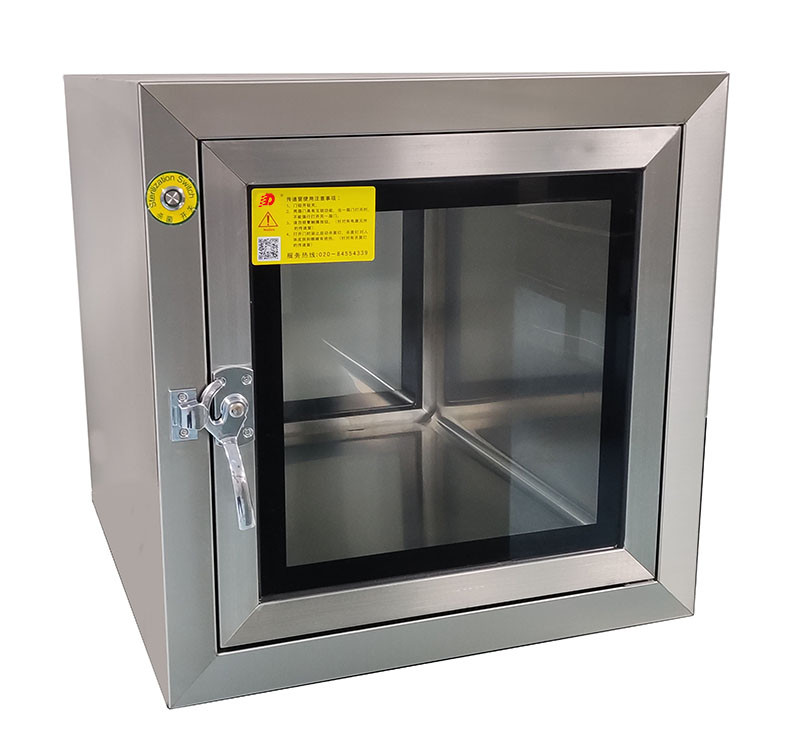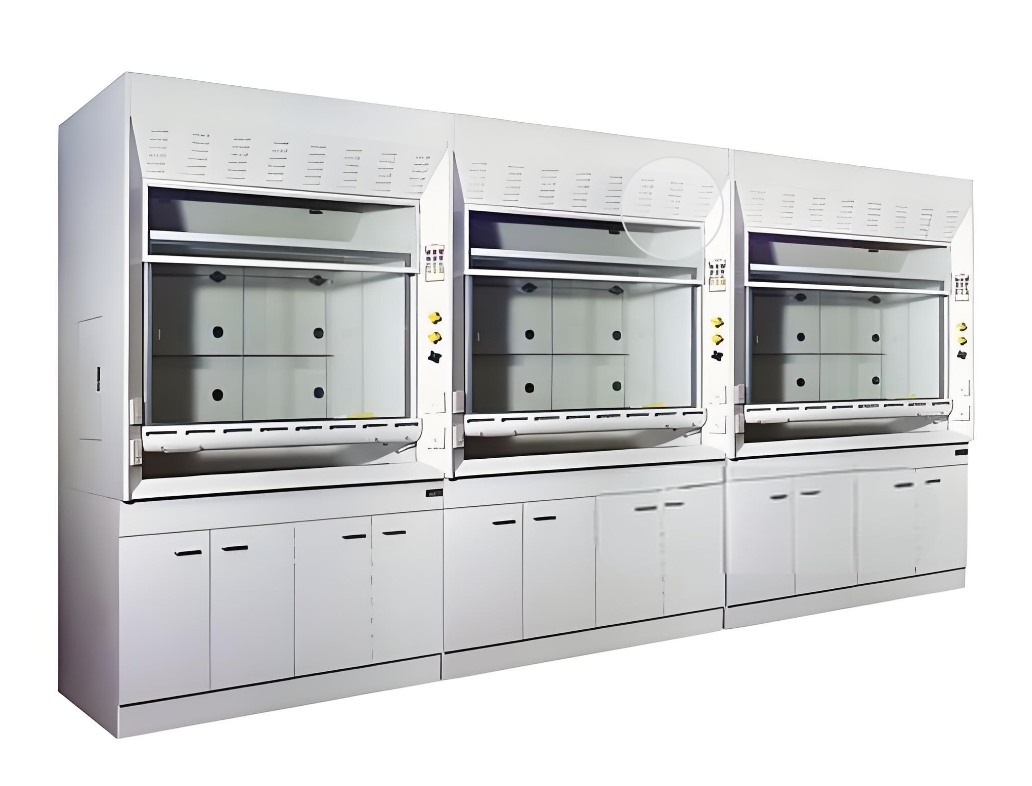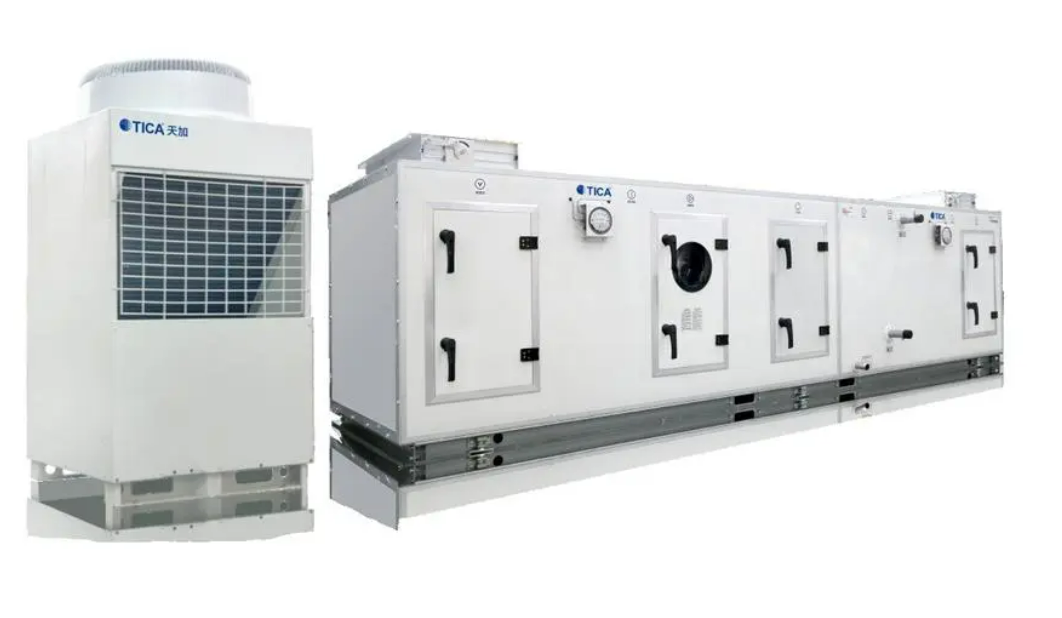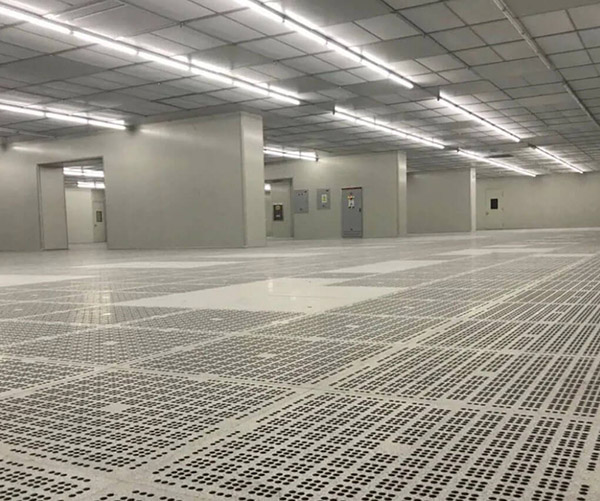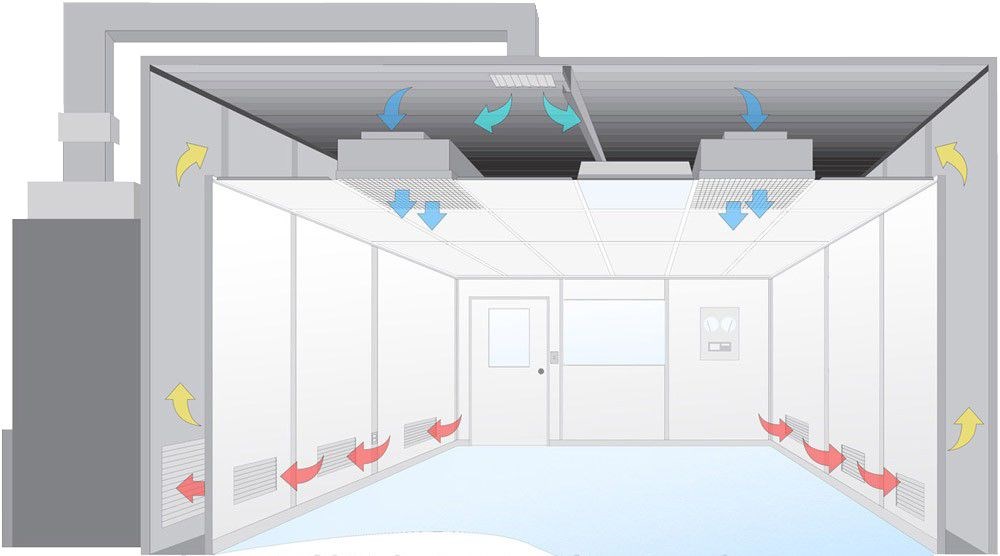DC fan Filter Fan Units (FFUs) are utilized in various application areas due to their energy efficiency, quiet operation, and precise airflow control. Here are some of the main application areas:

What are the main application areas of DC fan FFU?
Cleanrooms
DC fan FFUs are commonly used in cleanroom environments, such as Semiconductor manufacturing, pharmaceuticals, and biotechnology. They help maintain strict air quality standards by filtering out particulates and ensuring a controlled airflow.
Laboratories
In laboratory settings, DC fan FFUs are essential for providing clean and stable air conditions. They are used in research labs, medical laboratories, and testing facilities to support sensitive experiments and processes that require contamination control.
Healthcare Facilities
Hospitals and healthcare facilities utilize DC fan FFUs in operating rooms, isolation rooms, and patient wards. The low noise levels and efficient air filtration contribute to a comfortable and sterile environment, crucial for patient safety and recovery.
Data Centers
DC fan FFUs are employed in data centers to provide effective cooling and airflow management for servers and IT equipment. Their energy efficiency helps reduce operational costs while maintaining optimal operating conditions for sensitive Electronic components.
Electronics Manufacturing
In electronics manufacturing, DC fan FFUs are used to create controlled environments that minimize dust and contaminants, which can affect product quality. They are particularly important in assembly and testing areas.
Food and Beverage Processing
These units are utilized in food processing plants to ensure that air quality meets safety standards. They help maintain Clean air conditions, which is vital for preventing contamination during food production.
Aerospace and Defense
In aerospace applications, DC fan FFUs are used to provide clean and controlled environments for the assembly and testing of sensitive components. Their reliability and low noise levels are advantageous in these high-stakes environments.
Industrial Applications
Certain industrial environments, such as printing and coatings, where air quality control is essential, also benefit from the use of DC fan FFUs to manage dust and particulates.
Home and Commercial HVAC Systems
DC fan FFUs can be integrated into home and commercial HVAC systems to improve air quality and enhance energy efficiency, providing a cleaner and more comfortable indoor environment.
Overall, the versatility and performance characteristics of DC fan FFUs make them suitable for a wide range of applications where air quality, energy efficiency, and noise control are critical.
Features of DC Fan FFU
DC fan FFUs are advanced air filtration systems combining energy efficiency, precise control, and quiet operation. These units are designed for environments requiring optimal air quality, such as cleanrooms and laboratories.

1. Energy Efficiency: DC fan FFUs utilize direct current technology,
leading to significantly lower power consumption compared to traditional AC
fans. This efficiency not only reduces operational costs but also minimizes the
carbon footprint, making them an eco-friendly choice for various
applications.
2. Variable Speed Control: One of the standout features of DC fan FFUs is their ability to offer precise airflow control. Users can easily adjust the fan speeds based on specific needs, ensuring optimal air quality and energy usage. This adaptability allows for real-time adjustments in response to changing environmental conditions, enhancing overall performance. The integrated control systems often include smart technologies that allow for remote monitoring and adjustments, contributing to improved process efficiency and user convenience. This level of control is crucial in applications like cleanrooms, where maintaining specific conditions is vital.
3. Compact Design: The design of DC fan FFUs is often more compact and lightweight than traditional models, facilitating easier installation in space-constrained environments.
4. Quiet Operation: DC fan FFUs operate at lower noise levels, making them suitable for sensitive environments where noise control is essential.
5. Durability: These units are engineered for longevity, often featuring robust materials and components that withstand continuous operation in challenging environments.
Airflow Management of DC Fan FFU
Airflow management in DC fan FFUs is critical to maintaining optimal air quality and system efficiency. These units are designed to provide consistent and adjustable airflow, tailored to specific application requirements.
DC fan FFUs ensure uniform airflow across the space, preventing dead zones and promoting effective air filtration.
Thanks to their variable speed capabilities, these fan units can adapt airflow based on real-time needs. This feature is especially beneficial in environments where air quality requirements fluctuate, such as cleanrooms or laboratories. By adjusting the fan speed, operators can maintain desired conditions while optimizing energy consumption. Moreover, many DC fan FFUs come equipped with sensors that monitor particulate levels and automatically adjust airflow to ensure consistent performance. This automated responsiveness enhances both operational efficiency and air quality, leading to improved outcomes in sensitive applications.
The design of DC fan FFUs minimizes pressure drop, ensuring efficient airflow without excessive energy consumption.
Issues to Pay Attention to When Installing DC Fan FFU

Ensure adequate space for installation, including access for maintenance and airflow paths to avoid obstructions that could hinder performance.
Correct electrical specifications are crucial for the optimal functioning of DC fan FFUs. Verify that the power supply meets the voltage and current requirements specified by the manufacturer. Additionally, ensure proper wiring and electrical connections to prevent overheating or equipment failure. It's also essential to consider the distance from power sources, as long runs can lead to voltage drops that affect fan performance. Implementing surge protection and circuit breakers can further safeguard against electrical issues. Adequate grounding and compliance with local electrical codes are vital to ensure safety and reliability during operation.
What is the Energy Consumption of DC Fan FFU?
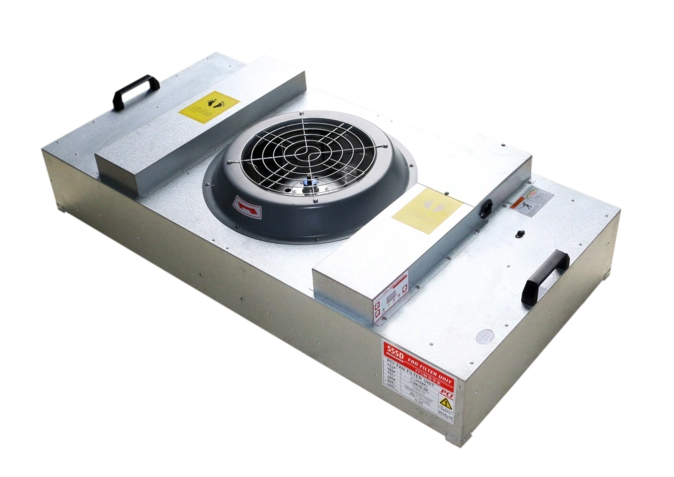
Energy Efficiency Overview:
DC fan FFUs are designed with energy efficiency in mind, consuming significantly less power compared to traditional AC models, which translates into lower operational costs.
Operating Cost Considerations:
The energy consumption of DC fan FFUs is generally much lower due to their direct current technology, which allows for efficient motor operation. Depending on the model and application, these units can consume between 30% to 70% less energy than equivalent AC fan units. The ability to adjust fan speeds also means that the system can operate at lower energy levels during less demanding periods, further enhancing energy savings. This feature is particularly beneficial in environments requiring continuous operation, as the cumulative savings can be substantial over time.
Long-Term Savings:
While the initial investment in DC fan FFUs may be higher, the long-term energy savings and reduced maintenance costs often offset this expense.
How Often Do You Need to Maintain and Service a DC Fan FFU?
performance and longevity. Typically, it is recommended to conduct maintenance every 6 to 12 months, depending on the environment in which the FFU operates.
In cleanroom settings or areas with high particulate levels, more frequent checks, ideally every 3 to 6 months, may be necessary to ensure the filters remain effective. Regular inspections help identify issues such as abnormal noise or airflow reduction, which can indicate potential problems.
During maintenance, it's crucial to clean or replace the filters, as clogged filters can significantly reduce efficiency and increase energy consumption. Additionally, checking the fan motor and electrical components for wear can prevent unexpected failures.
Record-keeping of maintenance activities is essential for tracking performance and planning future service. Keeping a consistent maintenance schedule not only enhances the FFU's operational efficiency but also extends its lifespan, ensuring it meets the required air quality standards.
Summarize
DC fan Filtered Fan Units (FFUs) are primarily used in cleanroom environments, semiconductor manufacturing, pharmaceuticals, and biotechnology applications, where maintaining a controlled air quality is critical. They are also utilized in data centers and electronic assembly areas to provide localized airflow and cooling. Additionally, FFUs find applications in laboratory settings, food processing, and healthcare facilities, where contamination control and precise air filtration are essential for operational efficiency and safety. Their versatility and effectiveness in removing particulates make them invaluable in any environment that requires stringent air quality standards.
 +86 18186671616
+86 18186671616 Jason@cleanroomequips.com
Jason@cleanroomequips.com
 MENU
MENU







